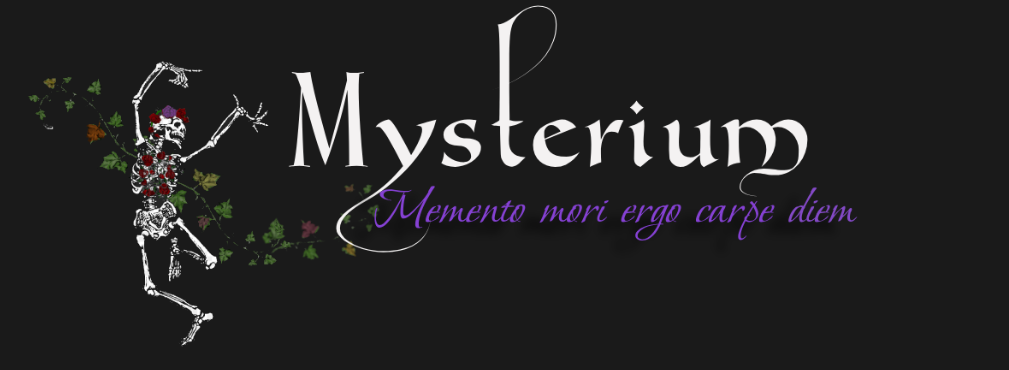“What Does Dying Feel Like?”
Max Tobin reports for the BBC on recent scientific research into the state between clinical death and brain death, suggesting that the mind’s final minutes may be more active, interesting and even fun than might have been assumed.
